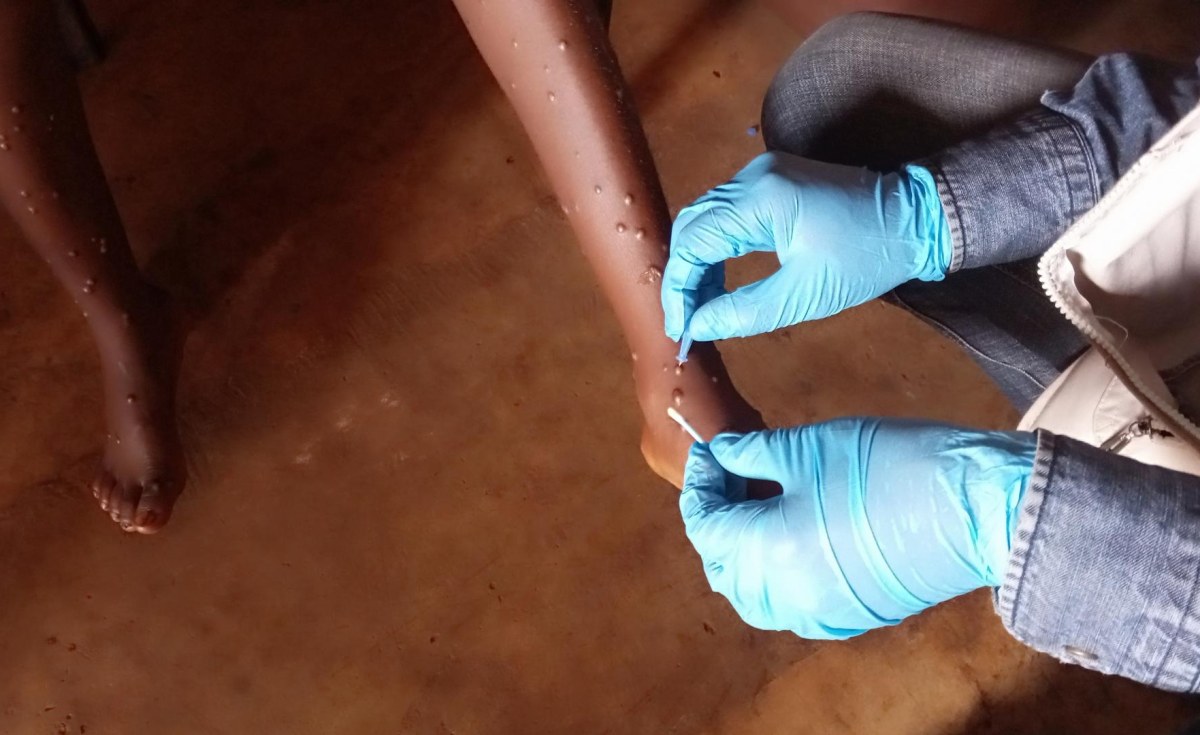
Dar es Salaam. KCB Bank Tanzania is targeting to raise Sh10 billion in the bank’s maiden Islamic bond, scheduled to open today.
Dubbed “Fursa Sukuk,” the Sharia-compliant financial product will be open to both retail and corporate investors, the bank said in a statement yesterday.
“KCB Fursa Sukuk provides opportunities for Tanzanian and non-Tanzanian individuals, retailers, corporations, and institutions to invest in the capital markets for three years at an expected return of 8.75 percent per annum, quarterly,” the bank said in a statement signed by its managing director, Cosmas Kimaro.
KCB is one of the banks that offers Islamic banking services through its Sahl Banking segment.
The public offering will be closed on December 5 this year, and the funds will be used to finance KCB’s Sahl Banking asset portfolio.
The minimum initiation investment will start at Sh500,000, the bank stated.
“After the initial public offer period, the Sukuk will be listed at the Dar es Salaam Stock Exchange (DSE),” said Mr Kimario.
This first public Islamic bond for the KCB Bank Tanzania comes as other lenders have recently opened bonds to the financial markets.
Earlier this year, NMB Bank Plc (“NMB”) debuted its Jasiri Bond to raise Sh25 billion for gender empowerment through financing women-owned or women-controlled enterprises.
The National Bank of Commerce (NBC) offered a Twiga Bond that is targeting to raise Sh300 billion in the next five years to boost business financing and other economic activities, specifically for small, medium enterprises (SMEs).
Speaking to The Citizen, financial analyst and Exodus Advisory’s chief executive officer, Ramadhani Kagwandi, said the introduction of the new products is attributed to the growing demand in the market.
“There are different types of investors in the market: those who seek profits and those whom we call ethical investors who inject funds into instruments like Sukuk based on their own principles and ethical beliefs,” he said.
“There are also investors who want to invest in a particular cause, such as in bonds that promote social welfare or governance. Having different options to cater to all these demands is a good thing for the market,” said Mr Kagwandi. He said that considering the initial oversubscriptions of the instruments that came before KCB’s Fursa Sukuk, investors have shown a high appetite, thus showing positive prospects during its issuance.
The first Sukuk bond in the country was offered by Imaan Finance Limited last year, with its initial auction oversubscribed by 36 percent as the company sought to collect Sh2 billion, but ended up receiving a total of Sh2.72 billion in bids.














